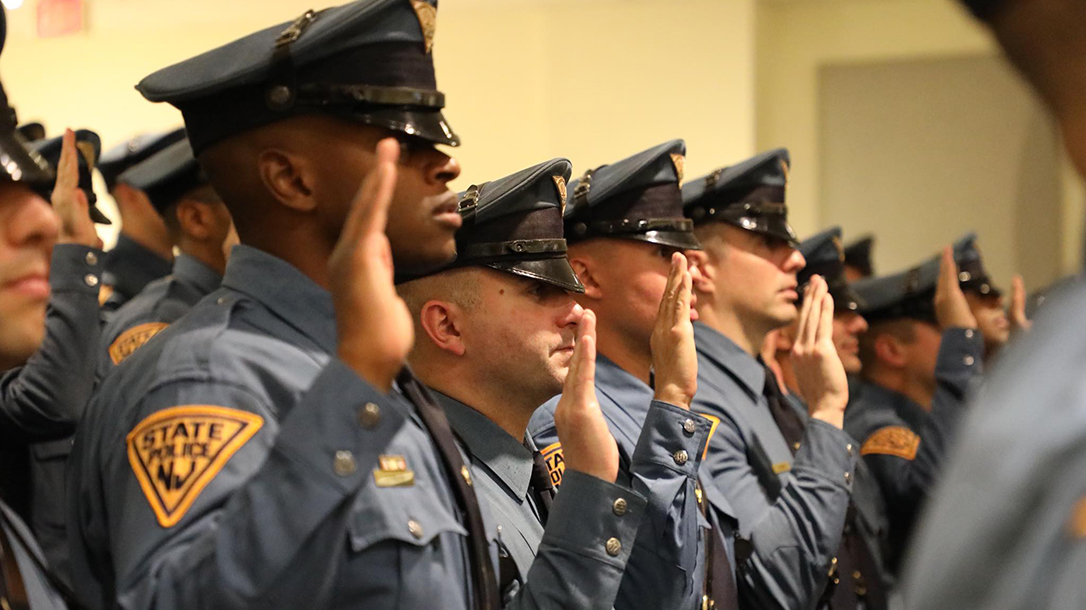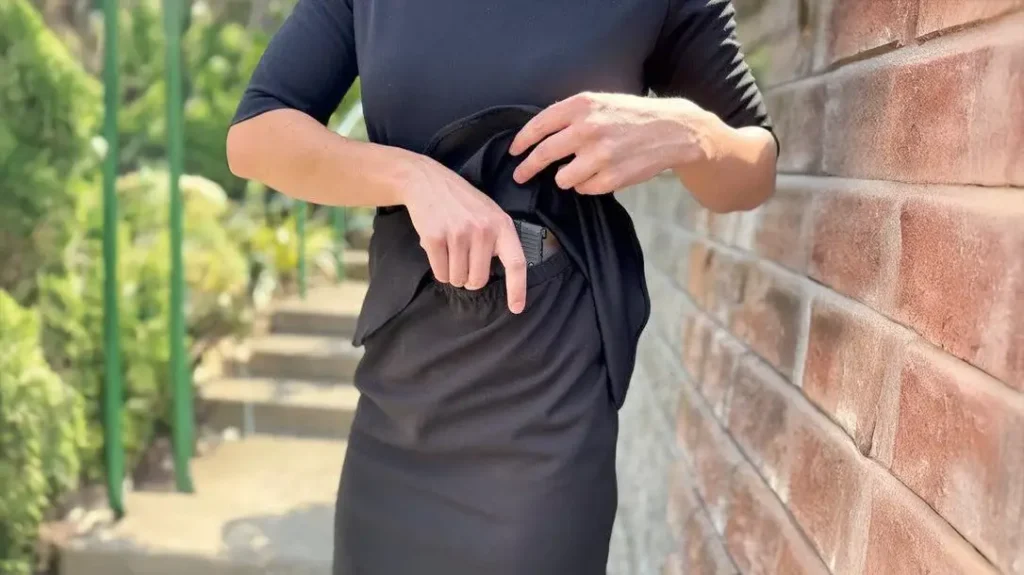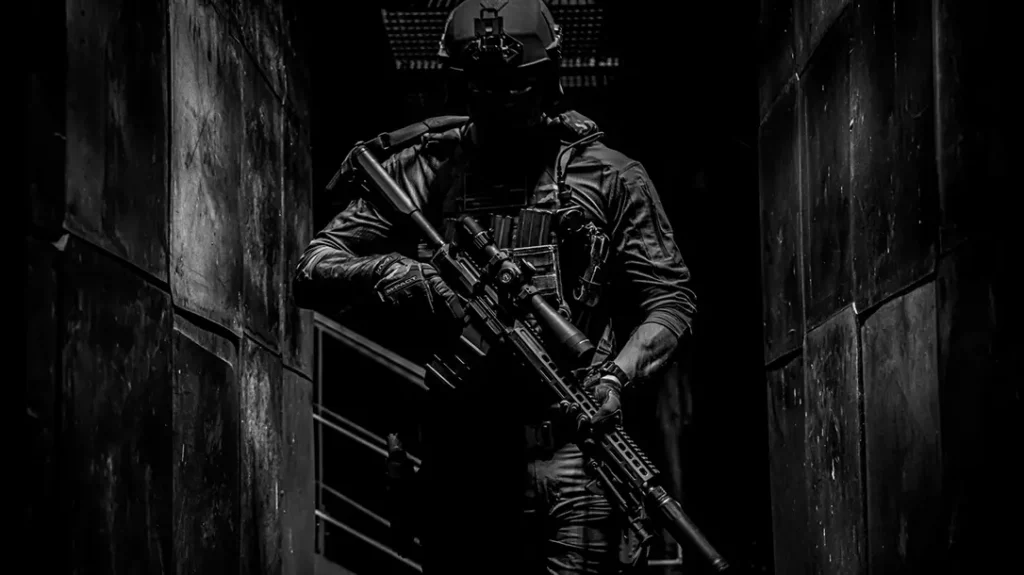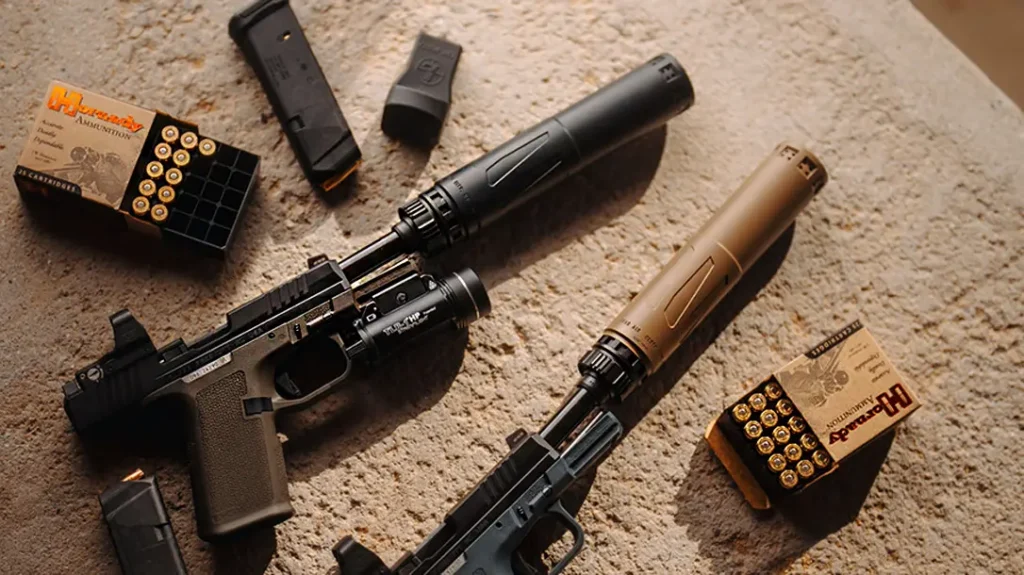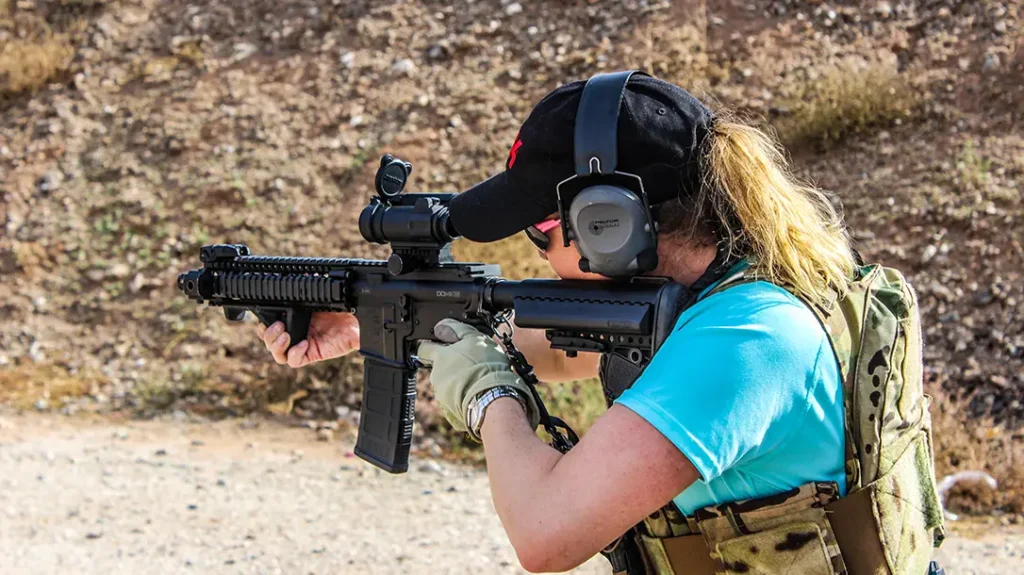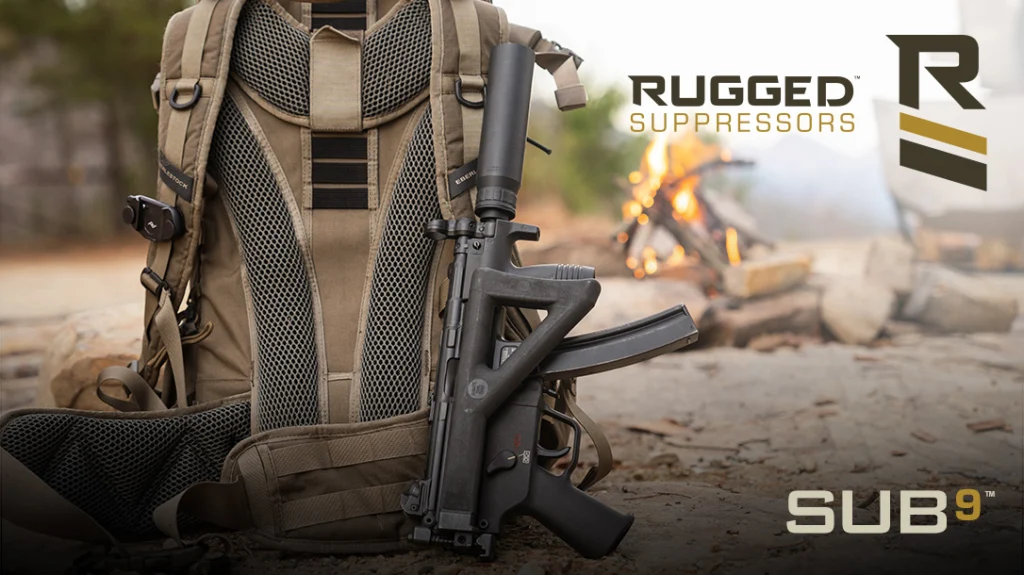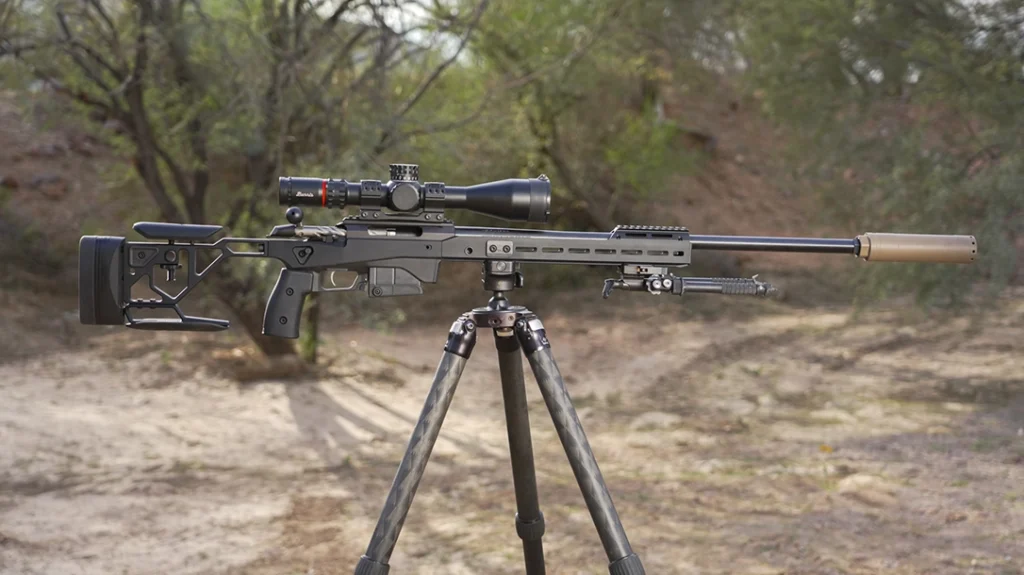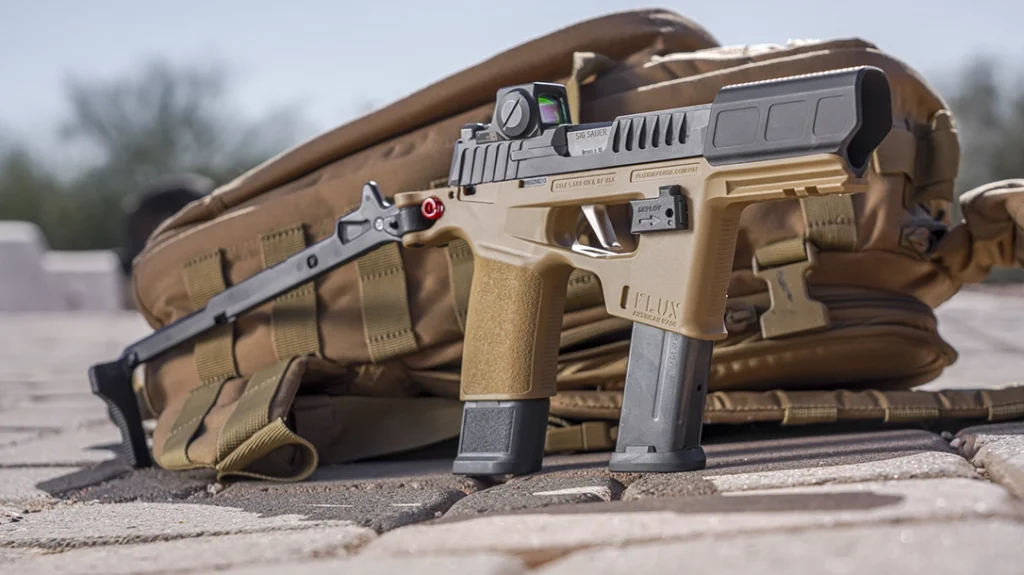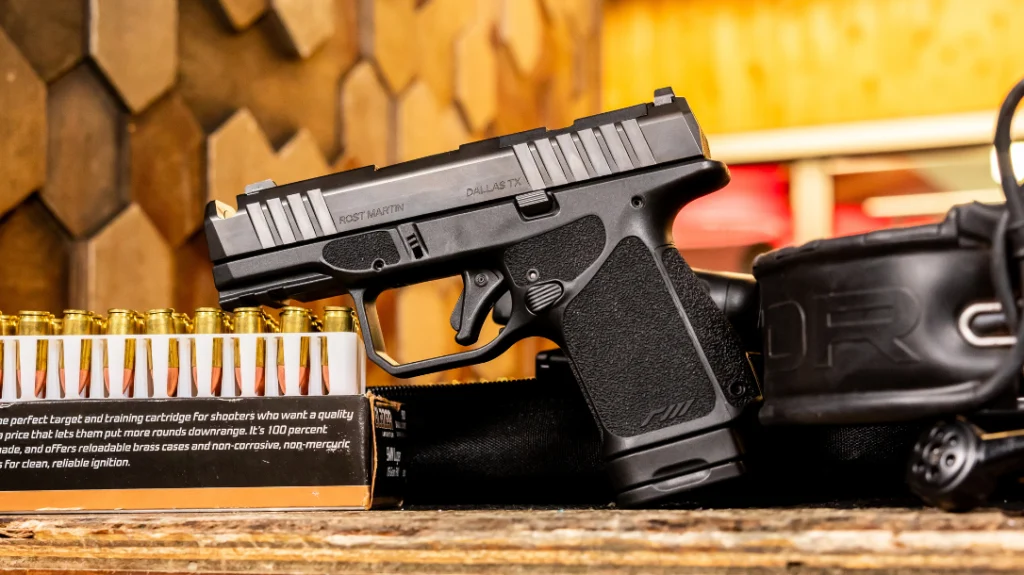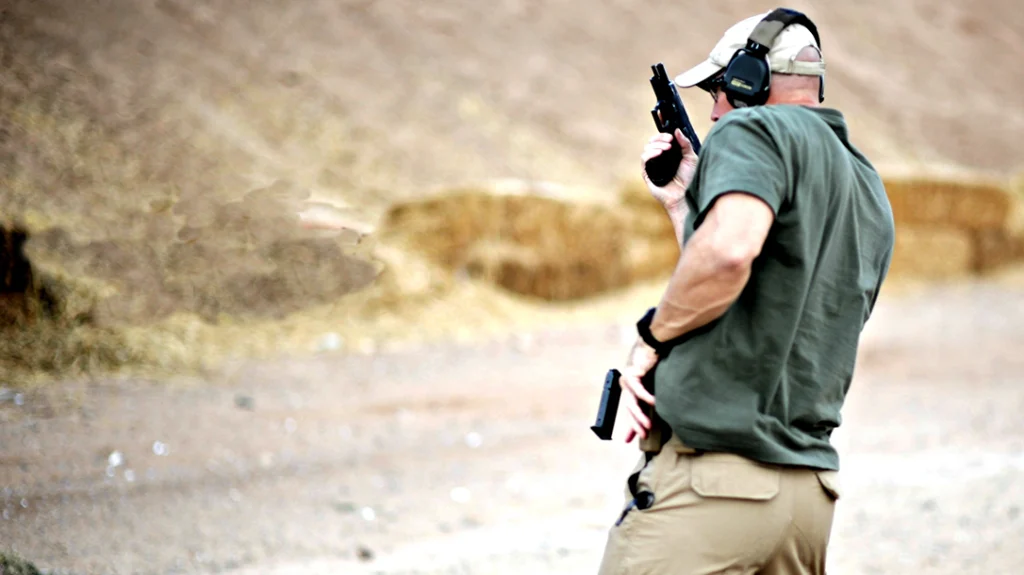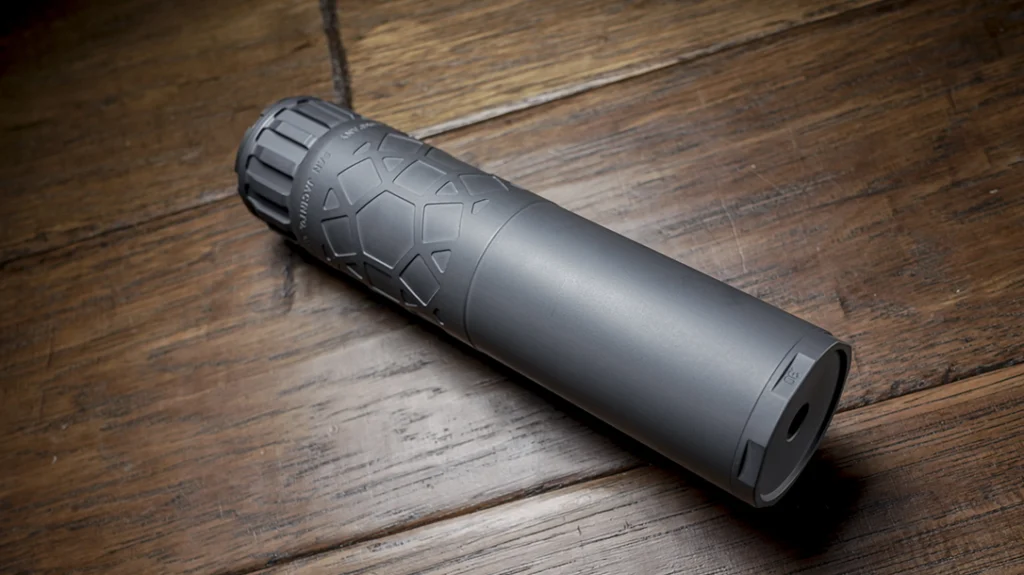Historically, New Jersey is one of the only states that frequently tries to neuter federal law geared toward law enforcement; perhaps no instance more evident than the ongoing battle over LEOSA (the Law Enforcement Officers Safety Act).
In New Jersey, the 2016 violent crime rate in Newark was 135.96 percent higher than the national violent crime rate average. In Camden, the 2012 statistics (the most current) saw a violent crime rate 563.3 percent higher than the national average. And in Trenton, the state capital, the 2016 violent crime rate was 239.33 precent higher than the national violent crime rate. Clearly the members of the New Jersey Legislature are missing all of that during their commute to their Trenton offices.
Advertisement — Continue Reading Below
By comparison, New York City’s 2016 violent crime rate was only 44 percent higher than the national average. Which leads to the question: What is the New Jersey Legislature doing about violent crime in these major urban hubs?
The answer, reinforcing the taking away the guns of law enforcement.
How LEOSA Works
In an Oct. 12, 2018 directive, the New Jersey Attorney General once again reinforced New Jersey’s thwarting of LEOSA.
Advertisement — Continue Reading Below
LEOSA is a federal law, enacted in 2004, which allows two classes of people — the “qualified Law Enforcement officer” and the “qualified retired or separated Law Enforcement officer” — to carry a concealed firearm in any jurisdiction in the United States or United States Territories, regardless of state or local laws, with certain exceptions. The exceptions are that a state can restrict carry authority on private property (bars, amusement parks, etc.); a state can restrict carry on state property (courts, state office buildings, etc.); and on school grounds.
Officials amended the law in 2010 and 2013; in both cases LEOSA authority was actually expanding and enhanced.
LEOSA was enacted to ensure active and retired officers were protected from a patchwork of state concealed carry laws. It was also enacted to ensure that law enforcement officers — on or off duty — could be a force multiplier in the event something happens and an off duty or retired law enforcement officer is nearby to help. The recent mass shootings in California and Pittsburgh reinforce the need for law enforcement officers, of all generations, around the nation to be capable of being ready.
Advertisement — Continue Reading Below
LEOSA’s Federal History
LEOSA’s legislative history also indicated its framers’ intention was to supersede all states laws, including the home state of the individual claiming its exemption.
For example, Congress declared LEOSA’s purpose was to implement “national measures of uniformity and consistency” and allow officers to carry a concealed firearm “anywhere within the United States.”
In addition, Congress rejected efforts to allow states to opt out of LEOSA.
Advertisement — Continue Reading Below
The House of Representatives also defeated — and the Senate refused to consider — proposed amendments aimed at preserving local law enforcement agencies’ discretion to regulate “the conditions under which their officers may carry firearms”; this made LEOSA the law of the land — expect in New Jersey.
New Jersey vs. LEOSA
Since inception, New Jersey has tried to restrict, place hurdles and impede an officer’s LEOSA authorities. How?
For starters, an officer must obtain a New Jersey permit to purchase and carry a firearm.
Advertisement — Continue Reading Below
They are also not allowed to carry uniformly standard law enforcement hollow point ammunition, which ballistics have proven is more effective and less penetrating than full metal jacket ammunition (mandated by New Jersey).
If they want to carry across state lines, they must qualify at the same level as active officers.
These regulations essentially turn retired law enforcement officers into criminals if they comply with federal law but dare not comply with New Jersey’s overly restrictive regulations. Essentially New Jersey says, “LEOSA means nothing. You must get a separate permit (which involves a fee) and follow our rules.”
Advertisement — Continue Reading Below
What’s sad though is that the criminals in Camden, Trenton and Newark clearly have no rules to follow. They seem to inflict as much mayhem as they want. Meanwhile, the legislators in Trenton are more concerned about restricting guns for law enforcement.
Instead of continuing to ignore a federal law and forcing law enforcement officers to go “above and beyond” in order to be armed and ready, the New Jersey Legislators should go visit the streets of Trenton, Camden and Newark. Try helping law enforcement officers there take guns off of those streets instead of out of their hands.
About the Author
Donald Mihalek is the Executive VP of the Federal Law Enforcement Officers Association Foundation.
Advertisement — Continue Reading Below
